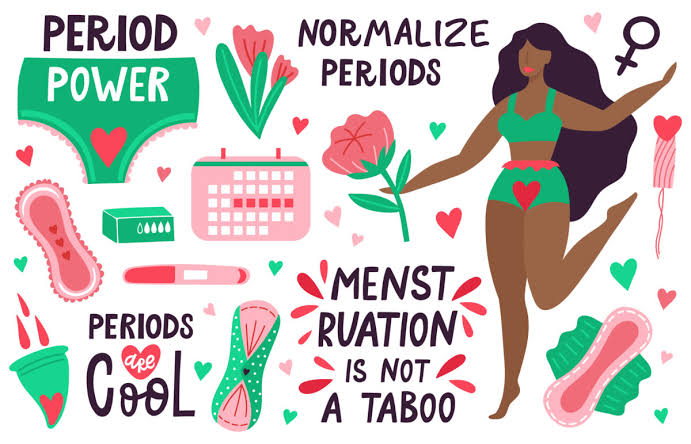Menstruation is a natural biological process in which blood and tissue from your uterus come out from your vagina. This usually happens once a month. The onset of menstrual periods in girls is the body’s way of preparing itself for a possible pregnancy. The ovaries are responsible for the release of the hormones, estrogen, and progesterone.
These female hormones signal the building up of the uterine lining or endometrium that nurtures a fertilized egg.
Advertisement
The same hormones signal the release of an egg from one of the ovaries during ovulation. This egg travels through the fallopian tube and attaches to the uterine lining – ready for fertilization. In the absence of a sperm cell to fertilize the egg, the uterine lining breaks down and is shed by way of a period.
Advertisement
This lining takes on an average of around 28 days to build up, break down, and eventually get shed. Most women experience a period cycle of anywhere between 21 to 35 days.
Many girls have been given strict guidelines for eating, sleeping, walking, and living life in a certain way during periods. Many girls and women young and old, educated and uneducated, rural and urban, rich and poor – feel ashamed talking about their periods and there are different types of myths that circulate in the society about Menstruation.
These 5 myths make females Underconfident during periods
1.Myth: Women shed impure blood during periods.
Fact: This is an extremely common misunderstanding that period blood is dirty or impure. But, what most people fail to realize is that the menstrual cycle is part of a woman’s reproductive system that readies her body for a (possible) pregnancy. The menstrual blood is also the same blood that circulates throughout the body.
The clumping and color of period blood have their scientific causes too. Women shed partly blood and partly tissue from the inside of the uterus. In addition, the color may range from light red to dark brown. The change in color from standard red occurs due to the reaction of blood with oxygen (it gets time to oxidize). Dark brown or blackish color is usually likened to the beginning or end of your period.
2.Myth: If you miss your period, you are pregnant.
Fact: A late or missed period does not inevitably point out that you are pregnant. Hormonal imbalances like polycystic ovary syndrome, excessive weight, unhealthy diet, illness, and stress can be the causes of your missed or irregular periods too.
A lab test is a sure-shot way to know about your pregnancy.
3.Myth: You cannot exercise while you are on your period.
Fact: There is no scientific confirmation that exercising while you are on your period can harm your physical health. In fact, exercise is good for a sound body and mind and can even help to reduce the pain due to menstrual cramps. Certain yoga asanas may help you feel better during your period cramps. There are no risks to regular physical activity, like walking. You can discuss with a fitness expert to know what exercises can safely be done during periods.
4.Myth: You shouldn’t wash your hair during your period.
Fact: You don’t need to negotiate with your personal hygiene habits due to your periods. There is no study that states one cannot wash your hair or take a shower on your period. In fact, a warm bath can help you with painful cramps.
5.Myth: If you use a tampon, you lose your virginity.
Fact: While it is true that tampons may cause the hymen to stretch which a few times may cause the breaking of the hymen, it does not cause someone to lose their virginity. Virginity is much beyond just the hymen. The hymen can be naturally broken due to strenuous activities like cycling too. However, usually, when a tampon is inserted, the hymen will stretch to accommodate it, so the odds of affecting a woman’s virginity can be less.
Most period myths are based on superstition and are not only incorrect but also perpetuate gender-based discrimination and behavioral restrictions for women. These myths make it more difficult for individuals to talk about their periods or know whether their menstrual cycle is normal and healthy. In some cases, myths may even cause feelings of confusion and shame.
Advertisement











